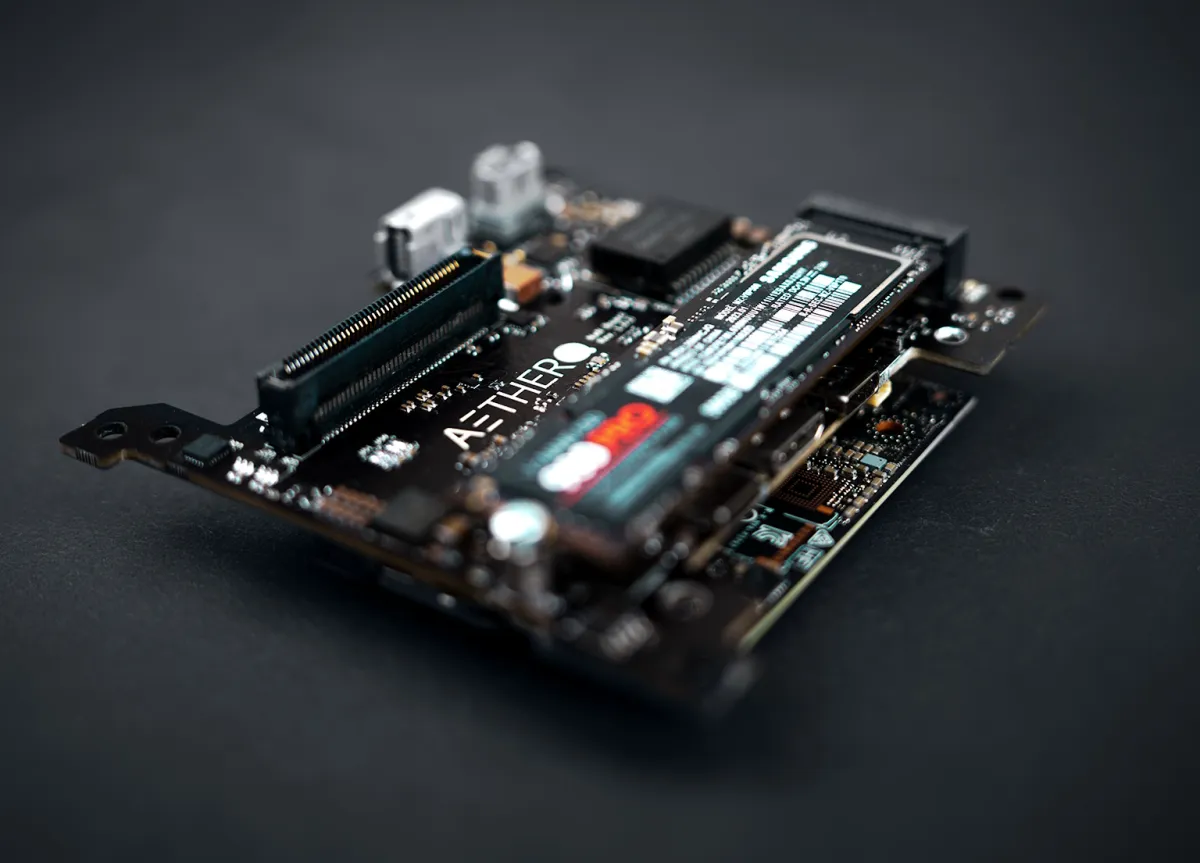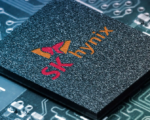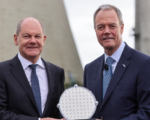Sophisticated spacecraft often operate on surprisingly outdated computing systems, such as the Perseverance rover’s use of a PowerPC 750, a processor known for its role in late 1990s iMacs.
San Francisco-based Aethero aims to revolutionize space computing with more powerful systems. Their first payload, the AetherNxN, based on an Nvidia Orin processor, launches this month on SpaceX’s Transporter-11 rideshare mission. This small, stackable MVP (Modular Versatile Payload) will benefit from new radiation shielding developed by Cosmic Shielding Corporation (CSC), promising to enhance computing capabilities in space.

Currently, electronics in space are safeguarded through physical shielding (using materials like aluminum and tantalum) and radiation hardening, which increases their resilience to radiation. The AetherNxN is rad-hardened, and CSC’s shielding material, known as Plasteel, promises to further protect against radiation, crucial for operating AI-capable hardware in space’s hostile conditions.
Plasteel, a 3D printed polymer blend with radiation-blocking nanoparticles, offers flexibility superior to aluminum, potentially extending its use to diverse components, including space suits. Founded in 2020, CSC has already flown its shielding material on missions with Axiom Space and Quantum Space, showcasing its versatility and reliability in space applications.











